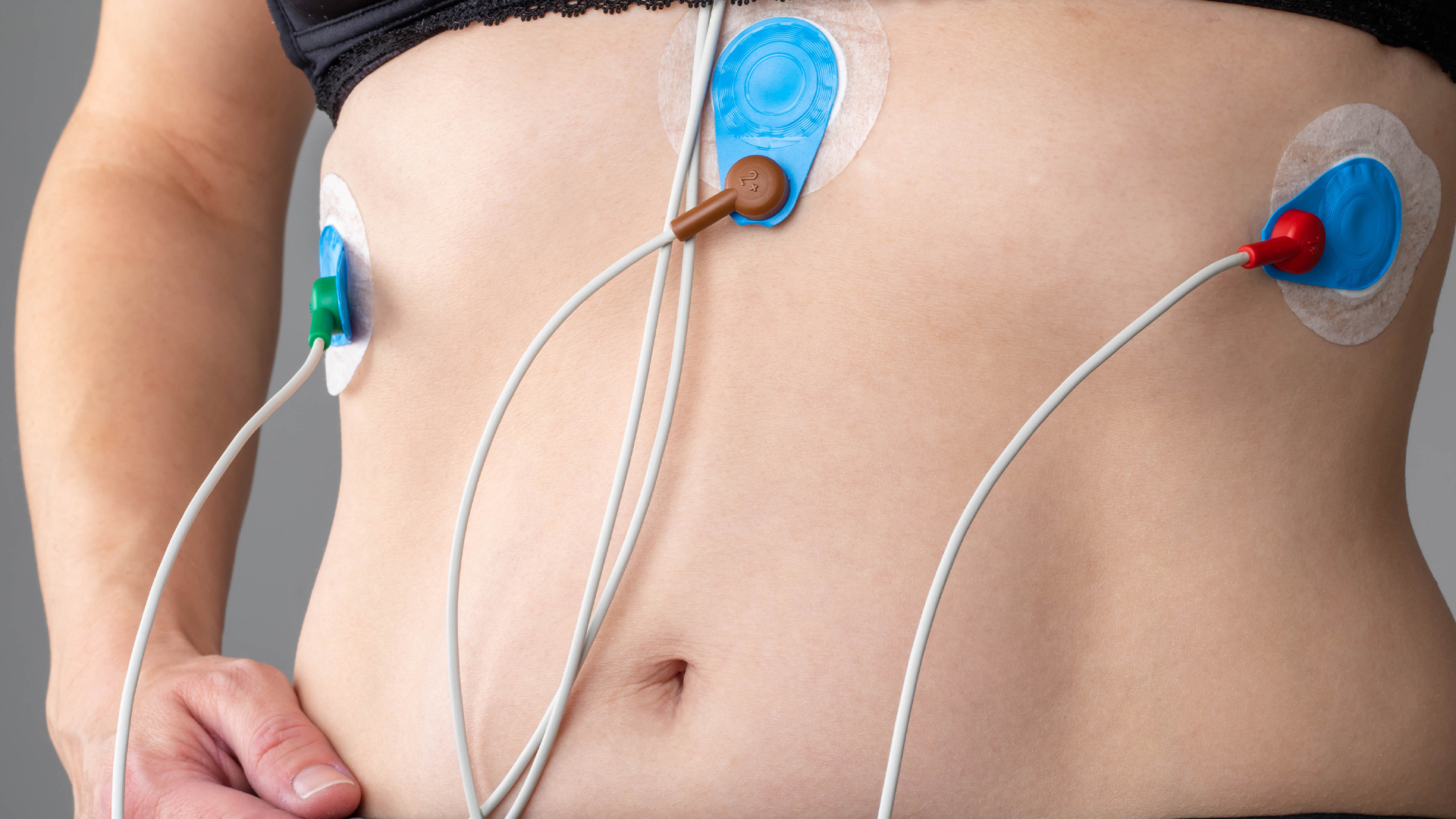High blood pressure is a major public health problem. According to recent data by the Instituto Nacional de Estatística (Statistics Portugal), this condition affects approximately 42% of the adult population in Portugal. Even more concerning, it is estimated that one third of people with hypertension are unaware of their condition, and the problem progresses silently. This increases the risk of serious complications like heart attack or stroke.
Ambulatory Blood Pressure Measurement, known as ABPM or 24h ABPM, is an indispensable tool for a more precise and personalised hypertension diagnosis. But how does it work, what’s it for and what precautions should be taken? We answer all these questions below.
What is Ambulatory Blood Pressure Measurement?
Ambulatory Blood Pressure Measurement (ABPM) is an exam that measures and records blood pressure during a 24-hour period, while examinees perform their daily activities and also during sleep. It differs from occasional measurement in a doctor’s office as it analyses blood pressure throughout the day, including unexpected spikes and drops that may occur.
Using a discrete and portable device, the exam takes regular readings at predefined intervals to detect specific patterns, such as nocturnal hypertension.


